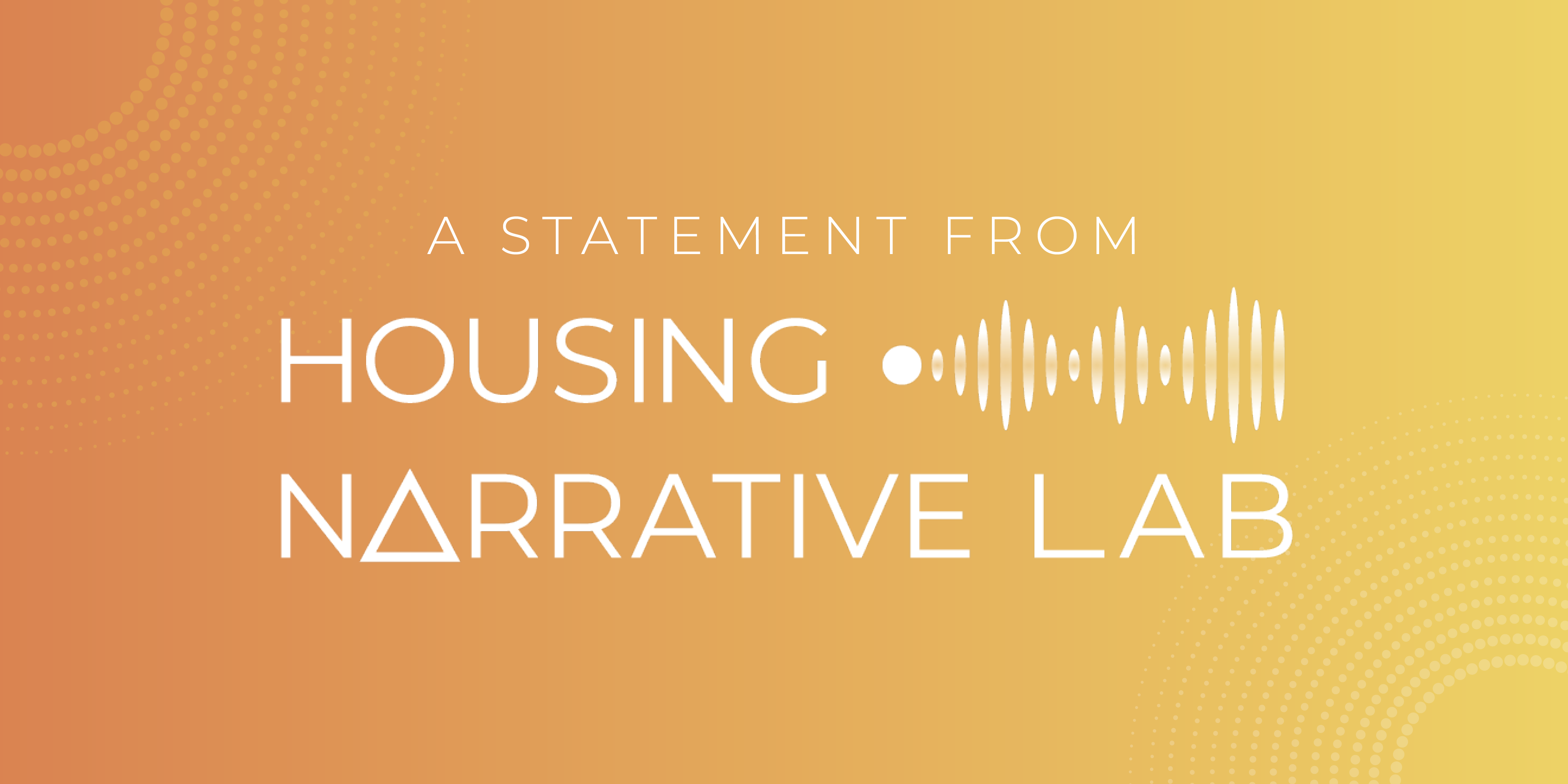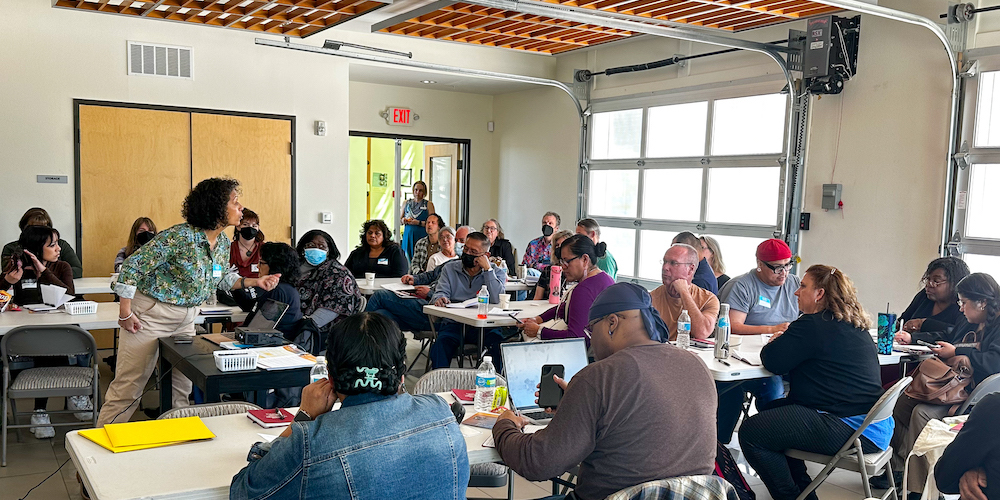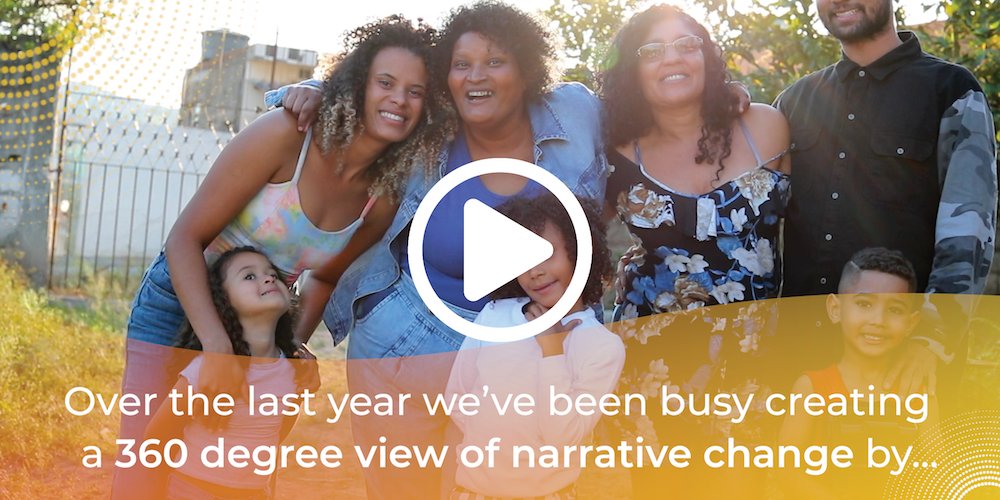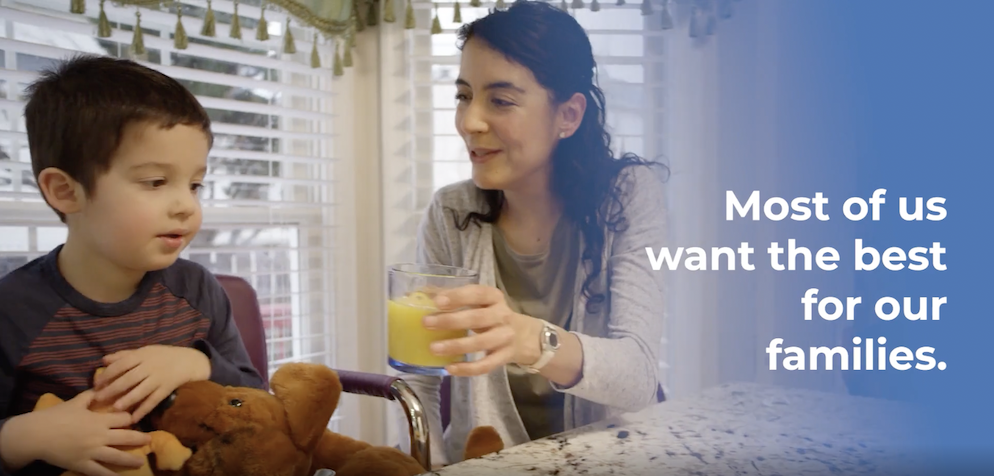
Essentials for Transformative Narratives: Share Lived Experience
05/17/2023
Narrative plays a big role in building the public will to solve homelessness. Dominant narratives about people experiencing homelessness focus on individuals making bad personal decisions, which often lead to ineffective and dehumanizing solutions – like clearing tents and throwing out people’s belongings, including ID, medications and what they need to survive. That’s why we’re...
Read More

Statement about the tragic death of Jordan Neely
05/05/2023
From Marisol Bello, Executive Director of the Housing Narrative Lab Jordan Neely was a beloved member of his community, known for his kindness, sense of humor and his passion for music. He shared his love of music with those around him, performing on New York City streets and the subway. And like so many of us,...
Read More

Ensuring All Omaha Residents Can Enjoy ‘The Good Life’ and live #NebraskaStrong
05/03/2023
By Naomi Hattaway, Front Porch Investments In Nebraska, we have some sayings that contribute to our narrative around housing stability: #NebraskaStrong, “a great place to raise a family” and “The Good Life.” Nebraska certainly can be a great place to raise a family, but for many of our neighbors who don’t have a safe place...
Read More

Lab Road Trip: Winter/Spring Edition
04/13/2023
By Sarah Armour-Jones, Deputy Director We have been busy traveling, training and learning over the past few months. It’s been a whirlwind and we want to share some highlights: Claire Sloss and I went to Gainesville, FL to attend the frank gathering, where we heard from a phenomenal collection of social impact communicators. Highlights include...
Read More

Statement about Mayor Bowser and the National Park Service’s planned eviction of McPherson Square residents
02/13/2023
From Marisol Bello, Executive Director of the Housing Narrative Lab Our choices define our community and we have an important one to make. Mayor Bowser and the National Park Service have chosen to make it a crime to be homeless. They raid encampments and rob people living on the street of their homes and communities without...
Read More

Essentials for Transformative Narratives: Go On Offense
01/27/2023
Narrative plays a big role in building the public will to solve homelessness. Dominant narratives about people experiencing homelessness focus on individuals making bad personal decisions, which often lead to ineffective and dehumanizing solutions – like clearing tents and throwing out people’s belongings, including ID, medications and what they need to survive. That’s why we’re...
Read More

Thank you for being part of our first year!
12/20/2022
Housing Narrative Lab launched one year ago. Over the last 12 months we’ve been busy creating a 360 degree view of narrative change by… Researching data-driven strategies that grow the public’s understanding of homelessness. Our messaging focuses on justice and equity and the root causes of homelessness. Training grassroots communicators, national leaders, journalists and others so they have the knowledge and tools...
Read More

Call Me By My Name
11/02/2022
How Person-Centered Language Amplifies Calls To Action By Amanda J. Richer Imagine living your life as a person whose entire personhood is swapped out for an adjective that describes not who you are, but where you live. I think we can all agree that’s degrading. But describing someone’s experience certainly doesn’t have to be dehumanizing. ...
Read More

Share These Tested Messages in Your Community
09/02/2022
Housing Narrative Lab is offering small grants to organizations like yours to build narrative power around the country. Housing Narrative Lab’s latest research identified narratives that help people better understand that homelessness is the result of systemic causes, such as a severe lack of affordable housing, racist and exclusionary housing policies and jobs that don’t...
Read More









